Between 1870 and 1920, the population of Pittsburgh expanded sevenfold with a boom of immigration from southern and Eastern Europe. Often fleeing economic scarcity and upheaval at home, unskilled immigrants found jobs in construction, mining, steel mills, and factories. They introduced new traditions, languages, and cultures to the city, creating a wonderfully diverse society with their presence. Today’s new Pittsburghers enrich us with their cultures, their languages…and their food. Could the samosa be the new pierogi, or fried rice the new spätzle? Why not! What these international chefs serve up is delicious.
International Chefs Bring Their Talents to Pittsburgh
Taiwanese Bistro Café 33
1711 Shady Avenue, Squirrel Hill
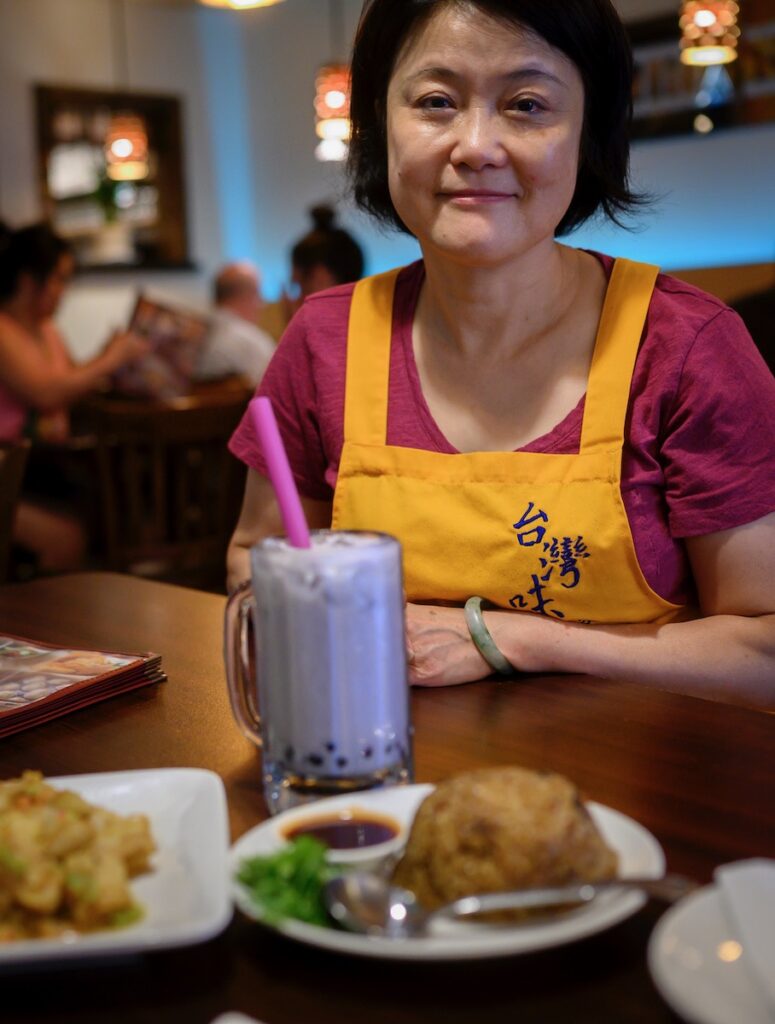
Jenny and Asan Tao arrived in Pittsburgh around 1995, by way of Taiwan and then New York City, where they stayed for ten years before heading up to Vermont, and then, down here. “A friend invited us to come,” she says. “And we thought, ‘Well, maybe we can stay.’”
So, they did. The restaurant came next. Not immediately, but the idea for a restaurant of their own was always in the back of their minds. While in New York, they worked in the industry. While in Vermont, they partnered with friends to open a restaurant. “But this place,” she says. “This is 100% by ourselves.”
Café 33 Keeps It Simple
Café 33 is Jenny and Asan’s heartfelt approach to food; a little of this, a little of that, in an endless quest for perfection, creating fresh versions of what’s already on the menu. Better versions, she’ll tell you. “Most of the recipes are from my childhood,” she says. She grew up in Taidong, Taiwan, a rural farm community tucked at the foot of the mountains, where families would grow peppers and chives in the garden and butcher a chicken or duck fresh for New Year’s. “Country,” she says. “There were no more than 10 houses around. Here, let me show you pictures. See how green it is? That’s the rice right when it’s planted. After it’s been cut, it’s all golden.”
Jenny’s always enjoyed cooking. “I like to eat,” she laughs. “See how skinny Asan is? He likes to cook but doesn’t like to eat.” It’s fresh vegetables and light sauces. Spice that is just spicy enough. Nothing heavy. Nothing excessive. “I feel it’s good. I love all of this. So, for you, it’s good, too. I wanted to make food that was not expensive. Not fancy. Simple,” she says. “Life has to be simple. And simple is good.”
Khalil’s
4757 Baum Boulevard, Oakland
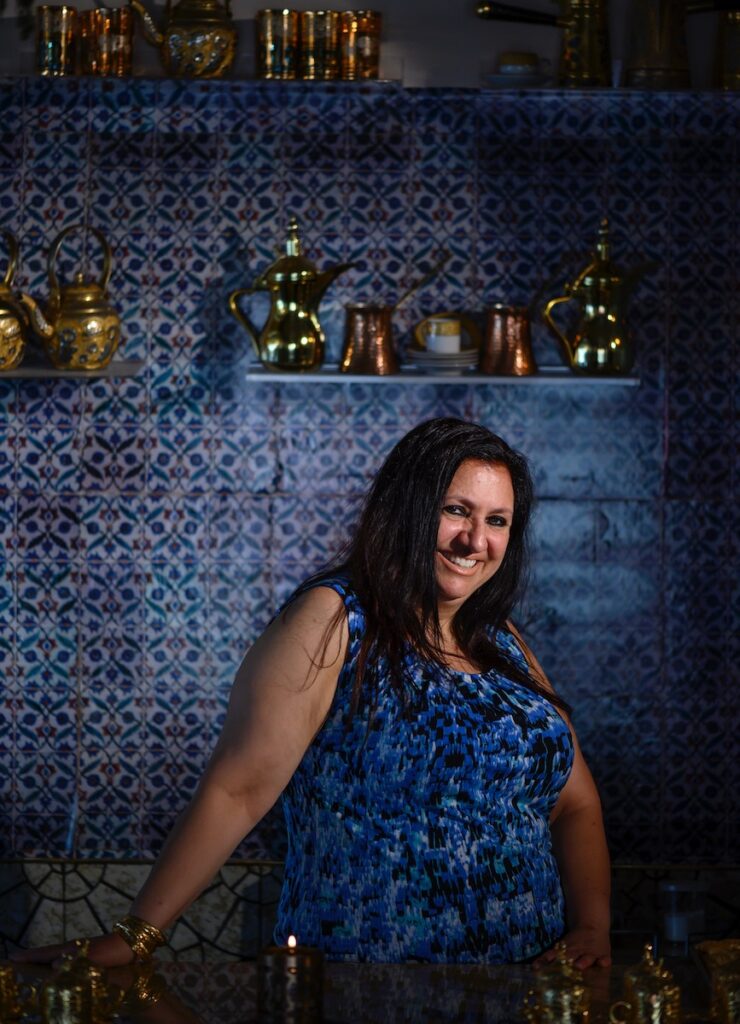
What they’re serving on your plate is a spiritual thing. A love thing. “This isn’t just a restaurant where we serve food,” says Dalel Khalil. “We feed the body, yes, but we also feed the soul. We have customers today who still talk about the hospitality our parents showed them 40 years ago.”
It was 1972 when Mikhail and Agnes Khalil opened their first namesake restaurant on Semple Street in Oakland. And the whole idea of a restaurant wasn’t really a lifelong goal or ultimate plan or anything other than a simple, humble desire to feed hungry people. To talk with them. Come in! Sit down! How are you, honey? Everything good?
Mikhail had grown up in western Syria, in the Wadi al-Nasara region. Agnes’s family had immigrated to America in the early 1900s with her father taking a job in Pittsburgh to work in the steel mills. “Their marriage was kind of an arranged thing,” says Dalel. “Afterwards, my dad joined her in America and worked as a laborer, building bridges and tunnels. He didn’t wake up one day and say, ‘I want to be a chef.’ But he was very spiritual, and he gave generously, always feeding the hungry. He believed that God should be the center of everything that you do, and when someone sees you, they should be seeing the love of Christ.”
Khalil’s is a Legacy of Hospitality
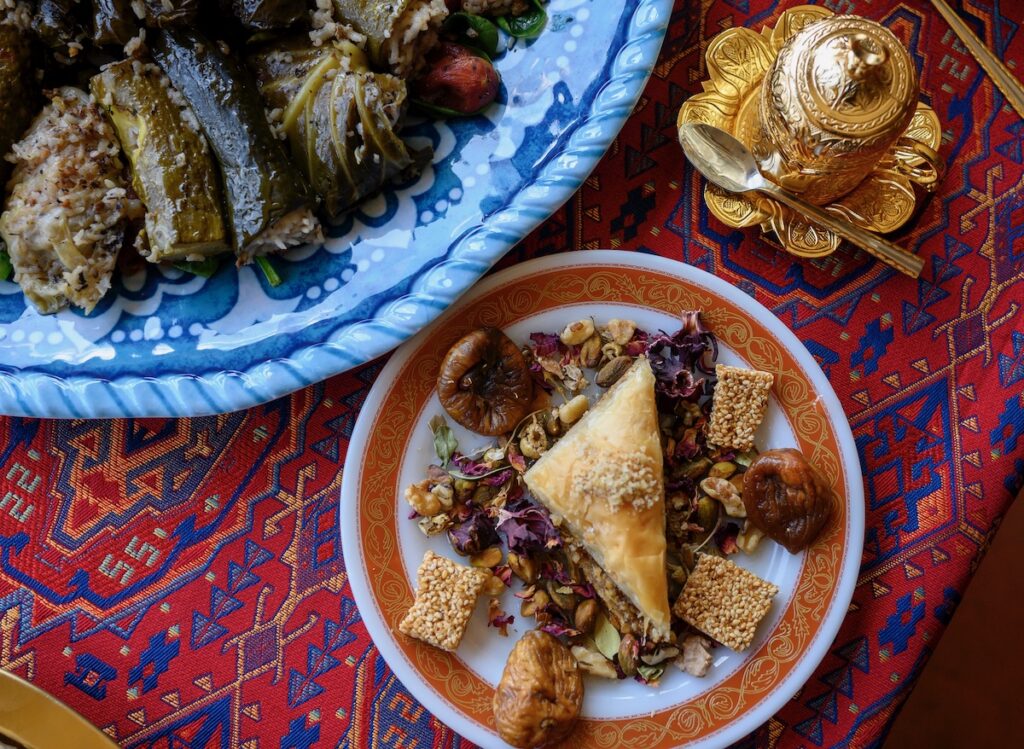
All five of their children—Dalel, Leila, Michael, Zelfa, and Tami—grew up working here, with Dalel, Leila, and Michael still involved in the daily operations.
“My parent’s legacy is one of kindness, giving, loving…and they also shared a profound, beautiful love of our Syrian culture,” says Dalel. “The restaurant was just a vehicle for all of that, which is what we’re carrying on.”
“We can’t just be existing and roaming the earth,” says Leila. “We have to be giving.”
“But by the way,” Dalel laughs. “We also serve shish kebob.”
Coriander Indian Grill
2201 Murray Avenue, Squirrel Hill
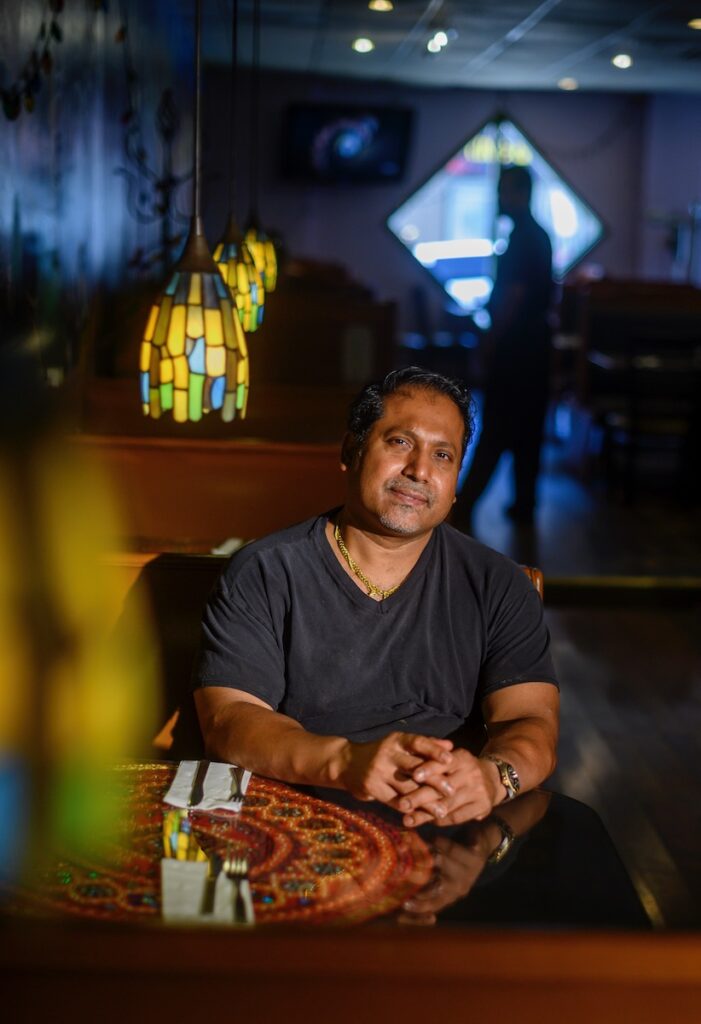
It’s not like Victor Barboza grew up wanting to be a chef. He never even liked to cook, really. He was never interested in the kitchen, if he’s being honest.
“My mom was a good cook. My sisters cooked for us. Wife was a good cook. I learned from her. But no, we never went into the kitchen. Maybe it was a man thing. Now I love it because it gave me something,” he says.
Victor was born in Mumbai, India, his parents having originated from Goa. “I was the first one to come to Pittsburgh. I came for a job in 2001. And then I opened my own place after working at an Indian restaurant in Oakland.”
Coriander Focuses on Quality
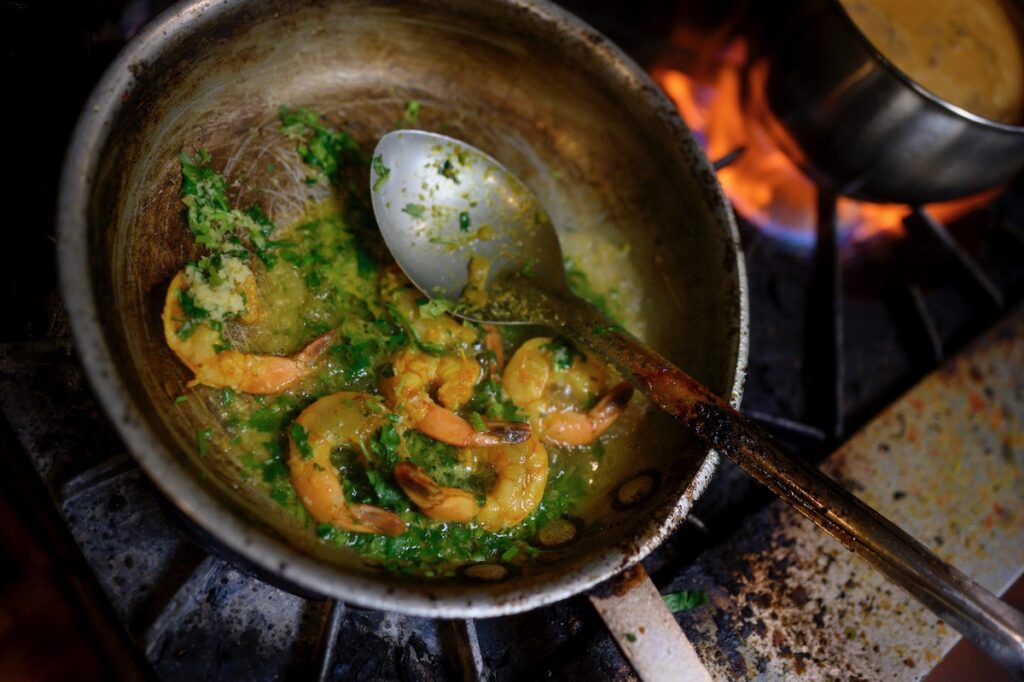
That place, Coriander, didn’t exactly materialize overnight. “It was tough,” he says. “But it came true. It was rough in the beginning…no one wants to give you anything. You have to put in everything from your pocket.”
Victor started learning how to cook in small increments. Learning how to make the sauces. Learning how to bake the bread. How to prep the ingredients. “Now, I love to make the food.”
Coriander’s menu is a fusion of regional Indian cuisine, each with its distinct flavor and style. Seafood and hints of coconut speak of the south, while fish, chicken, and lamb cooked in savory curries and tandoori epitomize the north.
“I do not advertise, nothing. Our quality of food is excellent. I find the best products. I use the best products. But I buy everything fresh. The canned thing…you can always tell. Even the chickpeas, you can tell it is from the can,” he says. “But I never thought I’d be here in Pittsburgh, cooking. It’s funny how life turns out.”
Story by Kate Benz / Photography by Jeff Swensen

Subscribe to TABLE Magazine’s print edition
